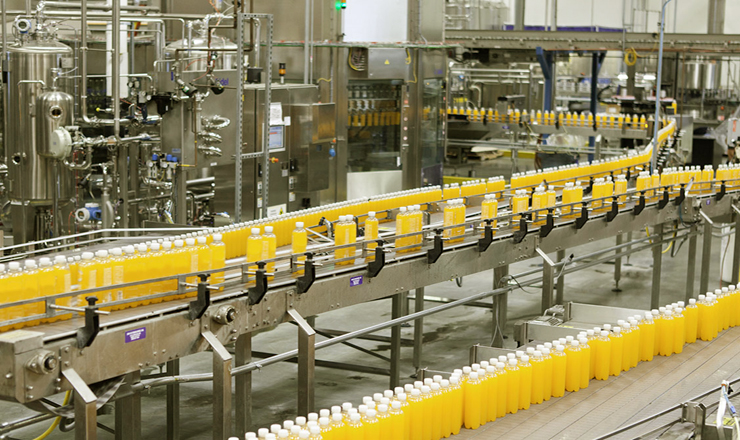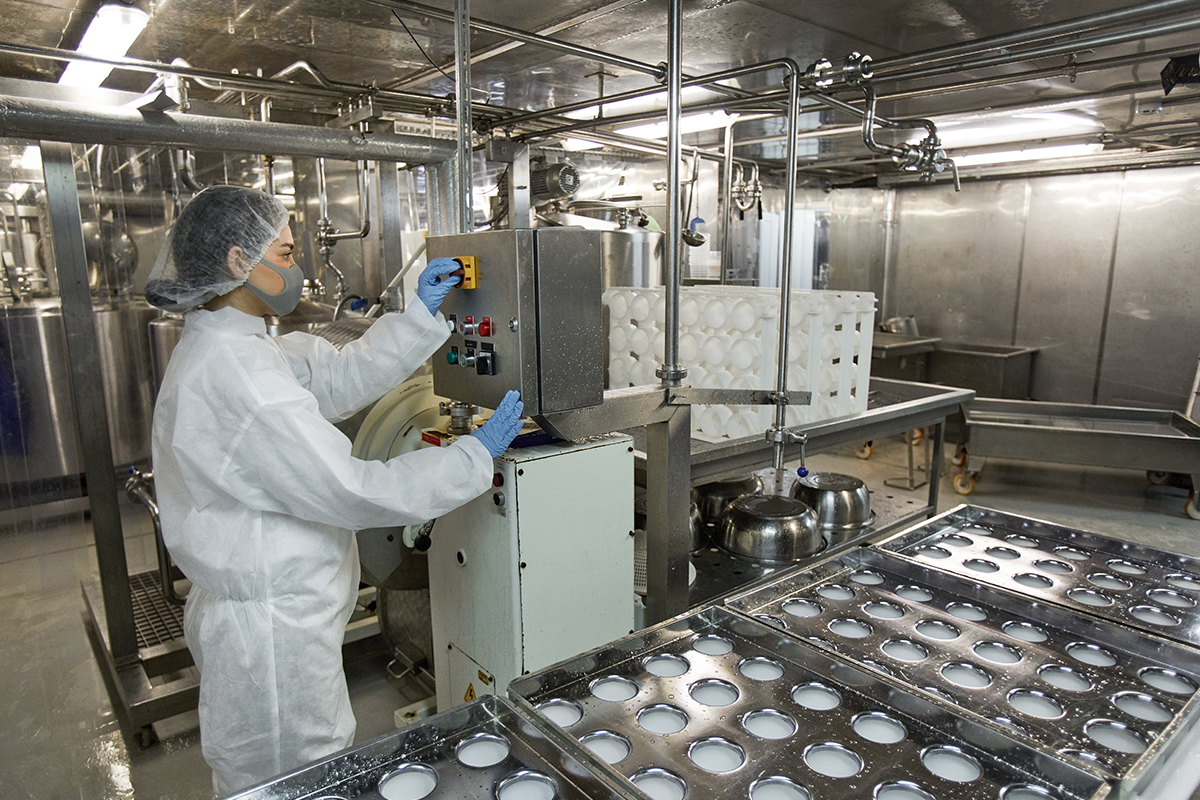Food processing plays a vital role in our daily lives, although it often goes unnoticed. From the moment we wake up and reach for that box of cereal to the evening meal prepared with pre-packaged ingredients, food processing impacts our diets and nutrition. Food processing involves transforming raw ingredients into safe, convenient, and palatable food products. In this article, we will explore the significance of food processing, its benefits, and the various techniques employed in the industry.
Ensuring Food Safety
Food processing serves a crucial purpose in ensuring food safety. Raw food ingredients can contain harmful microorganisms, such as bacteria and viruses, that can cause foodborne illnesses. Through processing techniques like pasteurization, sterilization, and heat treatment, these pathogens are eliminated or reduced to safe levels. This prevents the spread of diseases and protects consumers from potential health risks. Food processing also involves proper packaging and labeling, providing valuable information about ingredients, nutritional content, and potential allergens.
Extending Shelf Life and Reducing Food Waste
One of the primary benefits of food processing is the extension of shelf life. Many raw food ingredients have a limited lifespan and can spoil quickly. By employing techniques like freezing, canning, dehydration, and vacuum sealing, food processors can preserve the quality and freshness of food for longer periods. This not only allows for easier distribution and availability of food but also helps reduce food waste. In a world where food scarcity and hunger are persistent issues, efficient food processing plays a critical role in maximizing the use of available resources.
Enhancing Convenience and Accessibility
Food processing has revolutionized the way we prepare and consume food. Ready-to-eat meals, pre-packaged ingredients, and convenience foods have become staples in our fast-paced lifestyles. These products are designed to save time and effort, making meal preparation more convenient. Moreover, food processing has made it possible to access a wide range of ingredients and products throughout the year, irrespective of seasonal variations. This accessibility ensures a diverse and nutritious diet, regardless of geographic limitations or time constraints.
Nutritional Enhancement
Contrary to popular belief, food processing can actually enhance the nutritional value of certain foods. Additionally, processing methods like cooking and steaming can increase the bioavailability of certain nutrients, making them more easily absorbed by the body.

Different Food Processing Techniques
Food processing encompasses a wide range of techniques, each designed to achieve specific outcomes. Some common methods include:
Freezing and Refrigeration
These processes slow down the growth of microorganisms, reducing spoilage and extending shelf life. Freezing is especially beneficial for fruits, vegetables, meat, and seafood, as it helps retain their nutritional value and texture.
Canning
Canning involves sealing food in airtight containers and subjecting them to heat treatment to kill bacteria and other microorganisms. This method allows for long-term preservation of food without the need for refrigeration.
Drying and Dehydration
Drying and dehydration involve removing moisture from food, inhibiting the growth of bacteria and mold. Dehydrated foods are lightweight, have a long shelf life, and retain much of their nutritional content.
Thermal Processing
Thermal processing methods, such as pasteurization and sterilization, involve subjecting food to high temperatures to kill bacteria, viruses, and other harmful microorganisms. . These processes ensure food safety without compromising nutritional quality.

Conclusion
Food processing plays a crucial role in our modern food systems, ensuring food safety, extending shelf life, enhancing convenience, and improving accessibility. While it is important to be mindful of the level of processing and the ingredients used, responsible food processing can contribute to a balanced and nutritious diet. By understanding the various techniques employed and their benefits, consumers can make informed choices while enjoying the advantages offered by processed food products.



